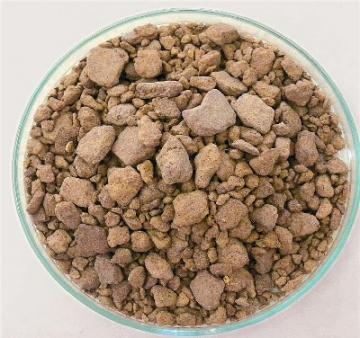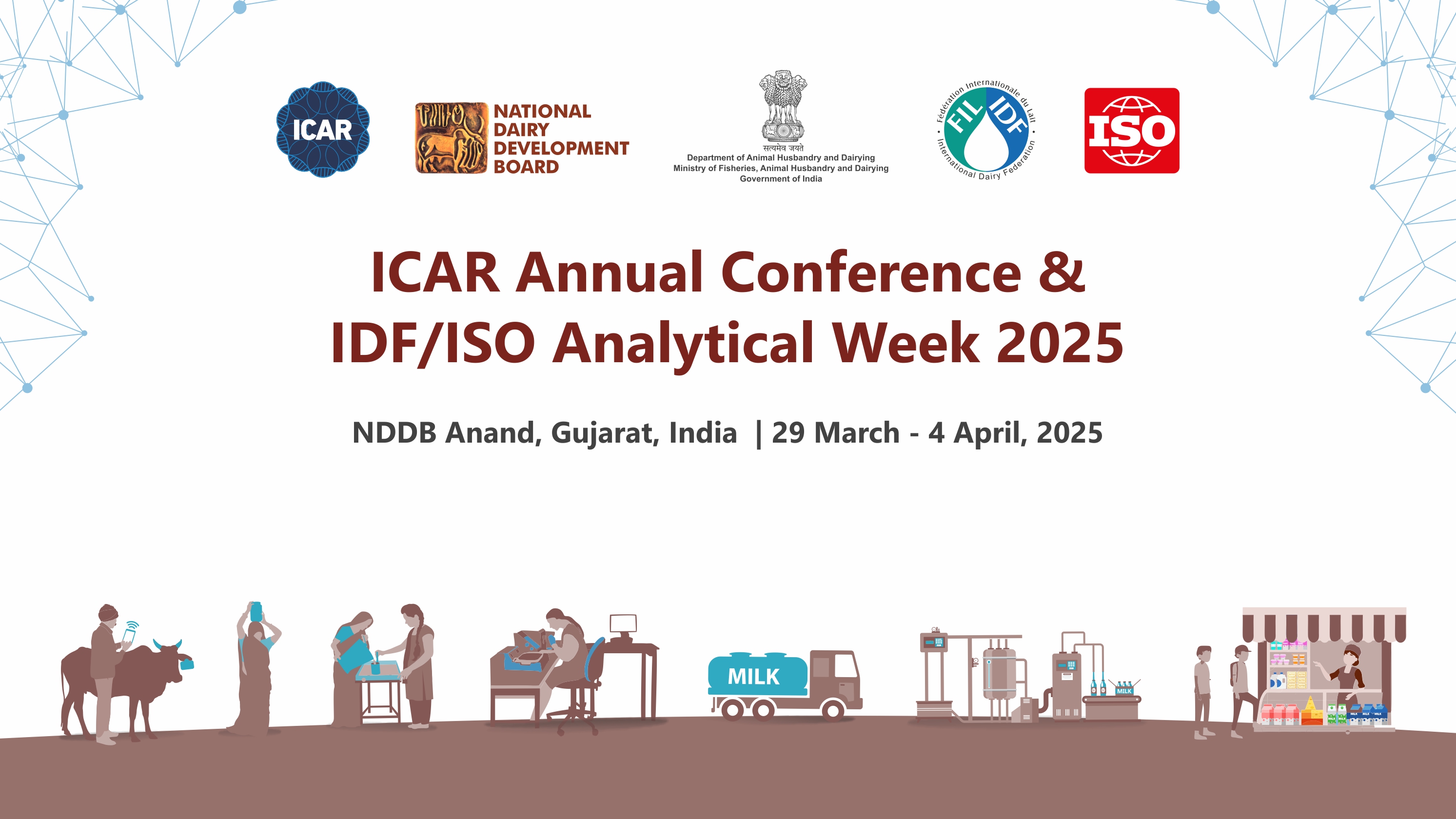
Rapeseed/ mustard meal (Brassica juncea)
Synonyms: Brassica campestris, Brassica napus, Brassica, Crucifer Common names: Mustard, Leaf mustard, Indian mustard
Local names: Hindi: Sarson Marathi: Mohari
Manipuri: Hangam Tamil: Kadugu
Rapeseed or canola is a member of the cabbage family (Brassicas or Crucifers), which also contains plants such as, mustard, turnips and kale. The name ‘mustard’ is given to various species, the most common being white mustard (B. hirta Moench or Sinapis alba L.), black mustard (B. nigra Koch) and Indian or leaf mustard (B. juncea Coss). Mustard is cultivated for its seeds which yield oils and are used to make a condiment. It is occasionally grown (like rape or green manure) as a cover crop for fodder. Rapeseed is grown extensively in northern India. When processed it yields about 40% oil and 50% oil meal.
Nutritive value
Mustard seeds contain 30-35% oil. The protein content of meal varies from 32-39%. The amino acid profile of rapeseed meal is comparable to that of soybean meal, thus making it a rather high quality plant protein source. However, it is rather unpalatable.
Deleterious factor
Rapeseed contains several anti nutritional factors like glucosinolates, tannins, erucic acid, sinapine, phytic acid, mucilage etc. Their presence is not serious for ruminant animals although there is some evidence of reduced intake, minor liver damage and reduced volatile fatty acid production, when the toxins have been administered orally. Rapeseed meal frequently contains tannins. These are polyphenolic compounds which complex with proteins and carbohydrates to form enzyme resistant substrates with a consequent lowering of digestibility. This may result also from the combination of tannins with digestive enzymes with a consequent loss of activity. Tannins may cause damage to the intestinal mucosa and are known to interfere with iron absorption.
Glucosinolate
Rapeseed contains glucosinolate (5-10 mg/g) that inhibit thyroid gland metabolism, which causes the thyroid gland to enlarge, causing goiter (enlargement of the thyroid gland). Glucosinolates are very unpalatable, which cause animal to reduce their feed intake which results in a reduction in their performance. Therefore, low glucosinolate variety of rapeseed (0-rapessed and 00-rapeseed) has been developed and is called as ‘canola’ (AFRIS, FAO). Often rapeseed and canola can be identified visually, because the rapeseed meal is darker in color than the canola meal, which has more of a golden yellow color. Another simple method is to taste the meal, if it has a ‘hot’ stringent taste which is an indication of high glucosinolate content. This stringent taste of mustard makes it quite unpalatable to animals.
Myrosinase
In black mustard the enzyme myrosinase acts on a glucoside - sinigrin - to produce volatile, very irritat oil. In white mustard the same enzyme acts on a different glucoside - sinalbin - to produce less irritat oil than that of black mustard. These glucosides (sinigrin and sinalbin) are considered to be toxic to livestock (AFRIS, FAO).
It is a methylated substance that is converted into trimethylamine which is then absorbed by the animal. Most animals have the ability to convert the trimethylamine to trimethylamine oxide, which can then be easily excreted in the urine by animals. Presence of sinapine reduces palatability of feed and thus it has depressing effect on feed consumption. Besides these, erucic acid (toxic to animals) and tannins present in mustard cake act as anti-nutritional factors.
Detoxification
Sinigrin is a water soluble glucoside which can be removed by heating the rapeseed cake with 5 parts of water at 850C for one hour and then filtered, after that the residue is washed five times with water (AFRIS, FAO). Similarly, ethyl alcohol treatment, ammoniation or Sodium carbonate treatment can be followed for detoxification of mustard cake. Prolong steam treatment (2 hours) destroys enzyme and glucosinolates (AFRIS, FAO).
Inclusion
Feeding trials have shown that ruminants are less susceptible than other classes of livestock to the toxic effects of rapeseed meal. Adult cattle can be given from 1-1.5 kg a day without detrimental effects on feed consumption, growth or milk flavor (AFRIS, FAO). Detoxified mustard cake can be used up to 10% in the ration of cattle provided it is mixed with other palatable feed ingredients. Low glucosinolate variety i.e. Canola can be used for feeding of livestock.
